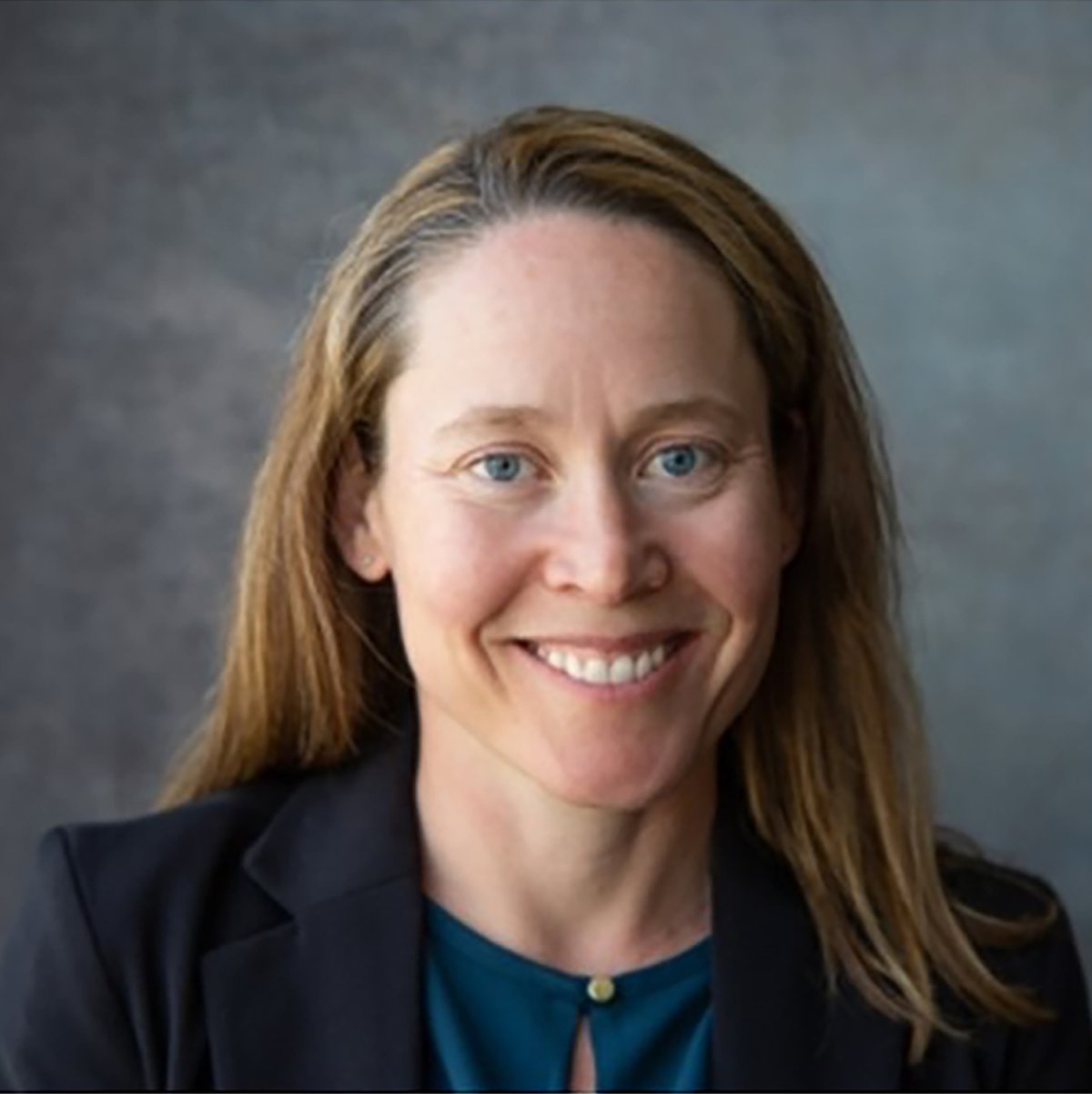Katrina Kessler, a Lead[ing] Engineer
Three alumni who have risen to statewide leadership roles share their thoughts on leadership, engineers, and students.
Katrina Kessler (MS EnvE 2001) was appointed Commissioner of the Minnesota Pollution Control Agency effective November 1, 2021. Prior to her appointment, she served as assistant commissioner for water policy and agriculture, after returning to the agency from her role as director of the Surface Water and Sewers Division in the City of Minneapolis. Previously, Kessler worked at the MPCA for 13 years as a permit engineer and served as effluent limits supervisor and manager of the water assessment section.
On a guiding philosophy…
I will be in this role for four years. After that, I don’t know. My team is really focused on what we can do in four years that gets us further along on the journey. We need to be strategic about the time and energy we have, and we also want to set everyone up to do better so the work can continue when we are gone.
On leading Minnesota…
As an undergraduate, I went on a Semester at Sea and traveled to 13 countries. I was able to see the difference that wastewater and water treatment make in quality of life, opportunities, life expectancy, and general societal benefits. I decided I wanted to pursue engineering, particularly water resources. Most people I knew were going to work for consulting companies, so that is what I did initially, but my heart has always been closer to the public service side. Minnesota has always been my home. I’m proud that I came back to the U for graduate school, and that I am now able to serve the state in this capacity.
On the benefits of a wide perspective…
I enjoyed the opportunity as a permitting engineer to see the types of facilities in Minnesota. And I had a good experience learning about the diversity of technology and geography that exists across the state, and how that serves the customer whether that is an industry or a community. All those are really important factors that have stuck with me through my career.
On what engineers bring to the table…
Personally, I think engineers are good thinkers, good problem solvers, and they are pragmatic. They use data to drive decisions, and they are willing to look at data in an innovative way when looking at design or analysis or communication. It is important to have those characteristics in positions across the workforce, but particularly in leadership. It is important to question how we are thinking about things, how we are using data, how we consider data from different systems or people. Then we look at how all of that can be synthesized to produce a product that is defensible, soundly based in data and science, and one that can be communicated in a way that resonates with the public, elected officials, and regulators. These are characteristics that engineers have to think about in their work. Having the credibility that comes from understanding the science and data is helpful, but more important is how you are thinking about things and how you are encouraging others to approach problems and look comprehensively at problems.
On preparing the next generation of engineers and leaders…
Environmental Justice has been part of the PCA’s work for over a decade, but it has taken on a new urgency. Part of that is because we have more data, and part is that, as a society, we’re more aware that injustices exist. Those of us with power and privilege need to be working to make those situations better. The PCA Environmental Justice Group focuses on meaningful engagement with people who have been disproportionately impacted, understanding how those terms are defined, analyzing existing data to determine impacts, and looking at common threads across populations. Environmental injustice exists across the state and across electoral districts, not just North Minneapolis or Frogtown in St. Paul. Many rural communities have experienced environmental injustice. People can begin learning about environmental justice by looking at how various parties define the term and working to have less environmental injustice.
